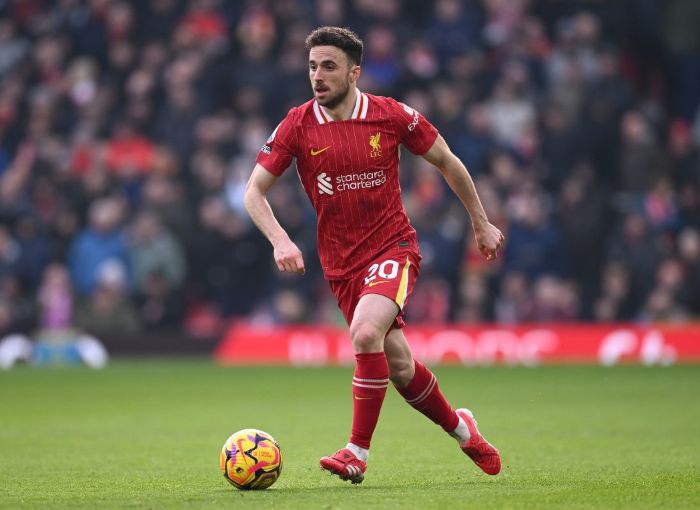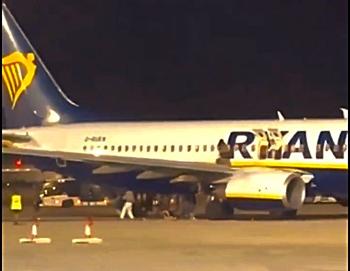Diogo Jota Dies in Car Crash at 28 Leaving Football Fans Around the World in Mourning
Diogo Jota Dies at 28 in Car Crash Leaving the Football World Devastated
The global football community is mourning the tragic loss of Diogo Jota, a beloved forward for Liverpool and the Portugal national team, who died in a car crash at the age of 28. The accident, which also claimed the life of his brother André Silva, occurred in the Spanish province of Zamora on Wednesday evening.
Jota was reportedly traveling back to Liverpool for pre-season training, choosing to make the journey by car and ferry after undergoing minor surgery, with doctors advising against flying. His decision, made for health reasons, adds a heartbreaking layer to an already devastating story.
Only 11 days before his death, Jota had married his long-time partner Rute Cardoso, with whom he shared three young children. What should have been the beginning of a joyful new chapter in his life was abruptly cut short, sending shockwaves through fans, teammates, and the footballing world.
Tributes began pouring in immediately after the news broke. Supporters gathered in somber silence outside Anfield, Liverpool’s iconic home ground, laying flowers, scarves, and heartfelt messages to honor the man who wore their shirt with pride. Liverpool Football Club called his death a tragedy that transcends the club, emphasizing how deeply the loss is felt beyond football.
Manager Arne Slot, visibly shaken, described Jota as “the essence of what a Liverpool player should be.” His words reflected the deep admiration the team had for Jota—not just for his skill and commitment on the pitch, but also for his humble spirit and camaraderie off it.
In Portugal, preparations were made for a wake on Friday afternoon, followed by the funeral on Saturday in Porto, his hometown. The loss is particularly poignant for the Portuguese national team, where Jota was a crucial figure. He had recently celebrated success alongside teammates like Pedro Neto, winning the UEFA Nations League just weeks before his untimely death.
Jota’s close friend and former Wolves teammate, Pedro Neto, was deeply affected. Now playing for Chelsea, Neto was informed of the tragedy while in Miami ahead of the Club World Cup quarterfinal match against Palmeiras. In response, Chelsea manager Enzo Maresca assured reporters that it would be “completely Pedro’s decision” whether or not he would play, emphasizing the club’s full support for the grieving player.
Maresca added, “It’s a very sad day. I struggle to find words. The feeling is helplessness in a situation like this. All my love to Jota’s family in this immense tragedy.”
Chelsea defender Marc Cucurella echoed those sentiments, highlighting the team’s efforts to support Neto through such an emotional time. “Football is not important at times like this,” he said. “The most important thing is that we show respect and love.”
Jota’s legacy, both as a footballer and a person, is immense. His rise through the ranks—from Paços de Ferreira to stints at Atlético Madrid, Wolverhampton Wanderers, and eventually Liverpool—was marked by perseverance, passion, and a relentless commitment to the game. Known for his sharp instincts, work ethic, and ability to deliver in critical moments, Jota earned admiration from fans around the world.
His loss is being felt far beyond the stadiums he lit up. It is a reminder of life’s fragility and the lasting impact of a player who brought joy to so many. As tributes continue to pour in from across the globe, one thing is clear—Diogo Jota’s legacy will live on, not just in goals and glory, but in the hearts of those who knew him, cheered for him, and loved the game because of him.


COMMENTS (0)
Sign in to join the conversation
LOGIN TO COMMENT